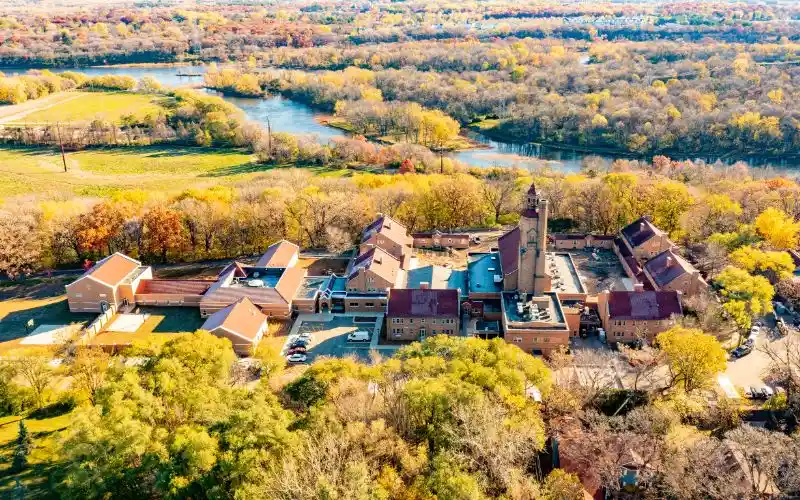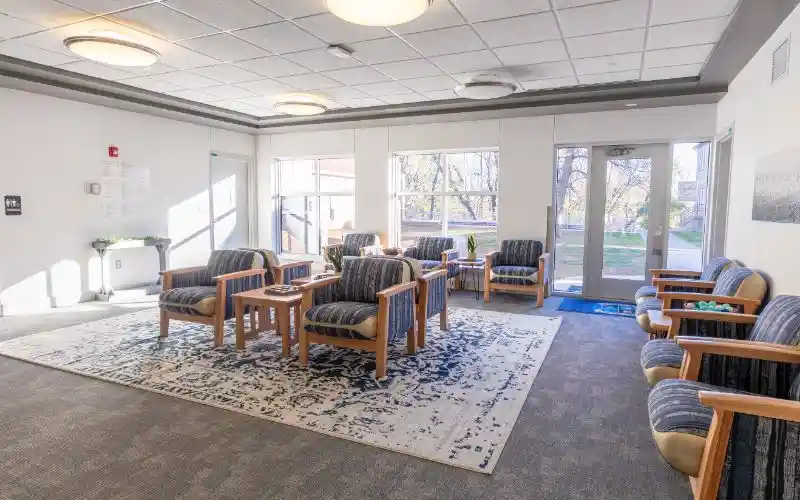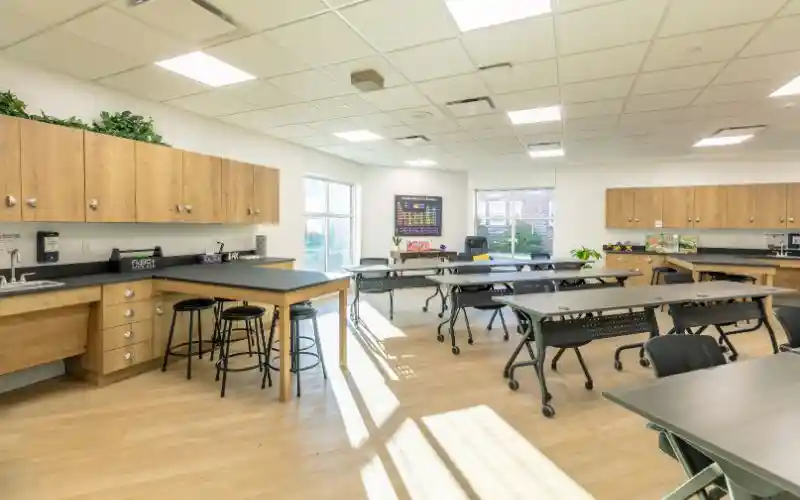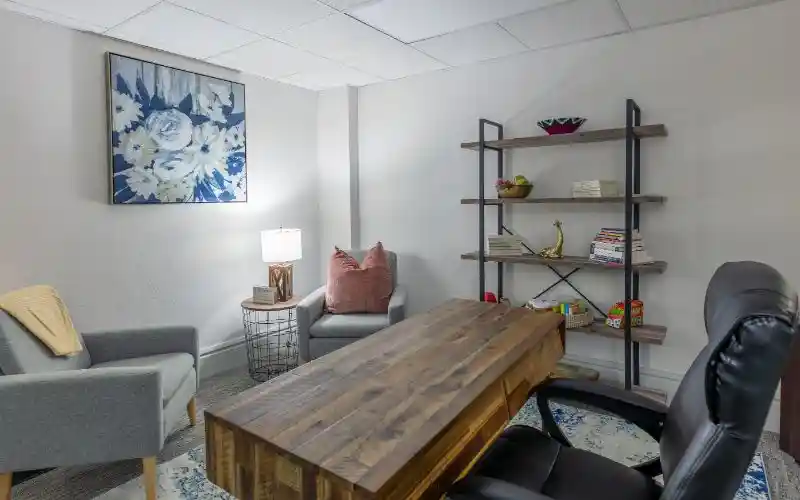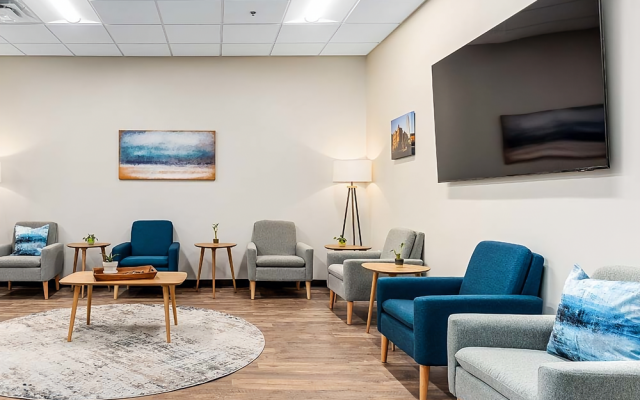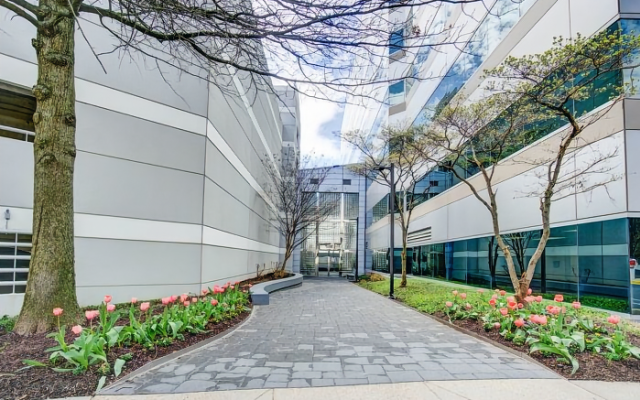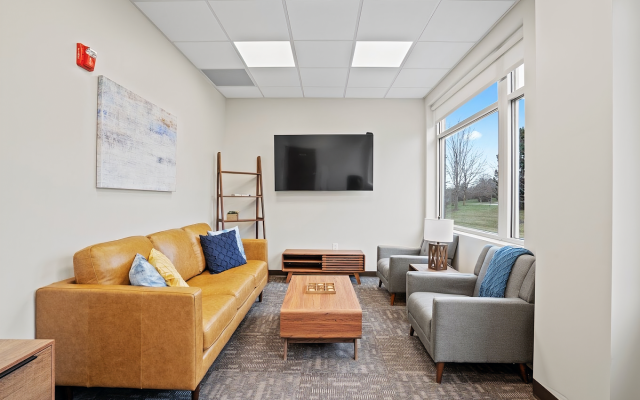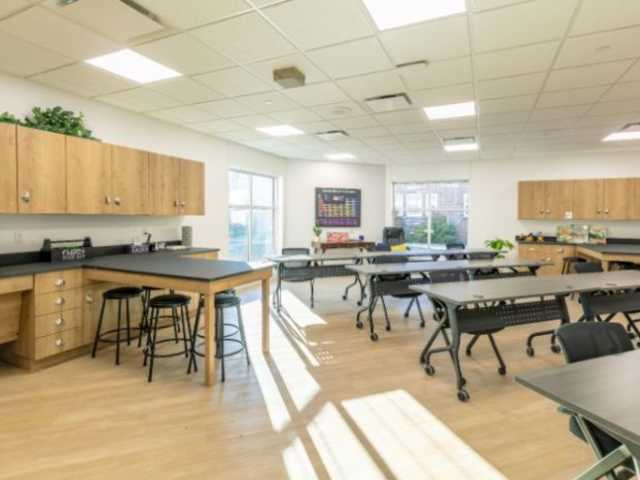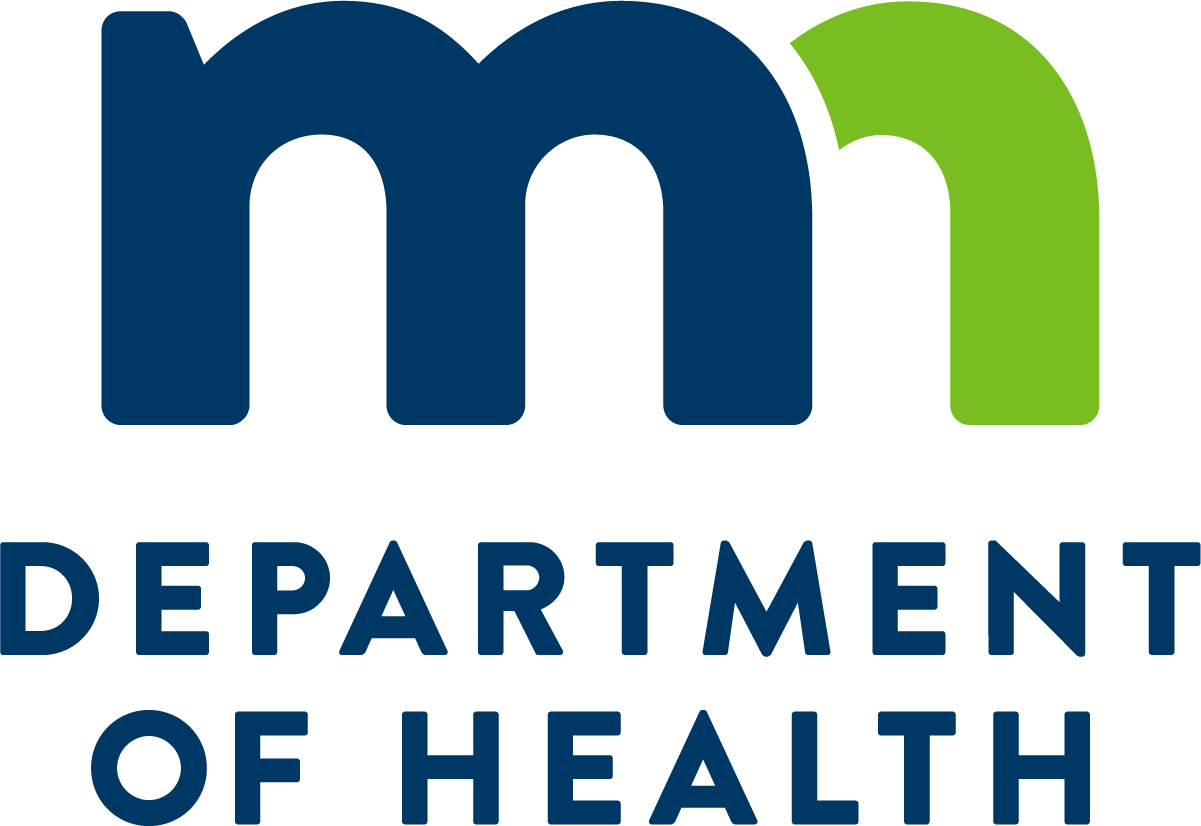
St Cloud, Minnesota, United States
Newport Academy St. Cloud
Verified
Verified
This provider’s information has been quality-checked by Recovery.com’s Research Team for accuracy and completeness, including center verification through appropriate third-party organizations.
Joint Commission Accredited
The Joint Commission accreditation is a voluntary, objective process that evaluates and accredits healthcare organizations (like treatment centers) based on performance standards designed to improve quality and safety for patients. To be accredited means the treatment center has been found to meet the Commission's standards for quality and safety in patient care.
Provider's Policy
The insurances listed represent the current in-network partners for this location. While not shown here, Newport also accepts many out-of-network plans and are happy to work with you to explore coverage options.
Estimated Cash Pay Rate
The cost listed here (Call For Rates) is an estimate of the cash pay price. Center pricing can vary based on program and length of stay. Contact the center for more information. Recovery.com strives for price transparency so you can make an informed decision.
Highlights from the Center
Highlights
These highlights are provided by and paid for by the center.
1-on-1 Counseling
Equine Therapy
Adolescents
Gender Separate Housing
About Newport Academy St. Cloud
Newport Academy is a residential healing center for teens ages 12-18 struggling with mental health issues, eating disorders, trauma, and substance abuse. Newport Academy strives to empower teens and restore families. They provide a comprehensive approach that blends evidence-based and holistic therapies, broken into 4 categories: clinical, experiential, spiritual, and academic. Their robust range of therapies includes body image group, gender-specific therapy, 12-Step, Bowen’s family system theory, equine therapy, music and art therapy, horticulture, culinary arts, and yoga.
Gender-Specific And Comprehensive
Newport Academy’s gender-specific teen rehab centers address the differences and needs of males and females. Each patient receives a tailored treatment plan, backed by the expertise of doctors, psychiatrists, family therapist, nurses, and a dietician. Newport Academy includes family in the healing process too, inviting them to be as involved as possible. Family therapy and support for parents complements the treatment their teen receives.
Convenient, Comfortable Locations
Newport Academy St. Cloud is close to Minneapolis’ international airport, making travel easier. Their campus rests on a quiet property right by the Mississippi River, offering privacy and a chance to really get away from the triggers of the outside world. Teens share a room with a roommate, sharing one private bathroom between the two. Common areas in each gender-specific home provide a comfortable and safe environment for group therapy, relaxing, or talking with other peers.
On-Site Academics
Newport Academy keeps teens on track with their school, offering tutoring and individualized schooling programs. On-site teachers incorporate academic progress with therapeutic care, giving teens a safe space to learn and heal. Newport Academy in St. Cloud is accredited by The Joint Commission and covered by most private insurance providers.
Read More
Insurance Accepted
Provider's Policy:The insurances listed represent the current in-network partners for this location. While not shown here, Newport also accepts many out-of-network plans and are happy to work with you to explore coverage options.
More Newport Healthcare Locations
Individualized And Evidence-Based
Newport Academy’s Minnesota locations house teens in gender-specific homes. They treat each teen with the individualized care they need and deserve–no two teens are alike, and neither is their treatment. Newport’s team of professionals work to create custom care, using evidence-based methods with proven results and trackable, successful outcomes. No two families are alike either, making their care plan just as personal.
Academic Support
Teens continue school in treatment, led by Newport Academy’s accredited teachers. Just like their therapeutic care, teens receive an individualized academic plan, with 1-1 tutoring and peer support. This all begins in the same supportive and safe environment of treatment, with all academics on site and led by Newport’s teaching staff. Parents meet with teachers in parent-teacher meetings, allowing for connections and engagement between everyone involved.
Family-Wide Healing
Newport Academy extends healing to the whole family. Master-level therapists lead attachment-based family therapy to help teens and their parents heal strained relationships and make healthy ones. Educational sessions support parents in learning more about addiction and mental health, helping them become the supportive allies they strive to be. Together, teens and their families learn how to move forward with hope and cope with challenges as they come.
A Convenient And Serene Environment
Gender-specific homes in Newport Academy’s St. Cloud locations are close to the Mississippi River, private, and about an hour from Minneapolis’ international airport. Teens live in an environment conducive to recovery, surrounded by nature and set apart from the outside world. Newport Academy encourages teens to garden, enjoy yoga, and join in other experiential activities.

Center Overview
Estimated Cash Pay Rate
Adolescents
Teens receive the treatment they need for mental health disorders and addiction, with the added support of educational and vocational services.
Young Adults
Emerging adults ages 18-25 receive treatment catered to the unique challenges of early adulthood, like college, risky behaviors, and vocational struggles.
LGBTQ+
Addiction and mental illnesses in the LGBTQ+ community must be treated with an affirming, safe, and relevant approach, which many centers provide.

Treatment Focus
You can admit to this center with a primary substance use disorder or a primary mental health condition. You'll receive support each step of the way and individualized care catered to your unique situation and diagnosis.
Treatment
Specializations
Adolescents
Teens receive the treatment they need for mental health disorders and addiction, with the added support of educational and vocational services.
Anxiety
Anxiety is a common mental health condition that can include excessive worry, panic attacks, physical tension, and increased blood pressure.
Co-Occurring Disorders
A person with multiple mental health diagnoses, such as addiction and depression, has co-occurring disorders also called dual diagnosis.
Depression
Symptoms of depression may include fatigue, a sense of numbness, and loss of interest in activities. This condition can range from mild to severe.
Drug Addiction
Drug addiction is the excessive and repetitive use of substances, despite harmful consequences to a person's life, health, and relationships.
Family Involvement
Providers involve family in the treatment of their loved one through family therapy, visits, or both–because addiction is a family disease.
Gaming
Compulsive gaming is most often a problem for children and teens. The disorder can affect physical health, sleep, and the ability to focus at school.
Trauma
Some traumatic events are so disturbing that they cause long-term mental health problems. Those ongoing issues can also be referred to as "trauma."
Treatment Services
Licensed Primary Mental Health
Some primary care providers offer mental health diagnosis and treatment. This can prevent patients from developing more serious conditions.
Residential
In a residential rehab program, patients live onsite, with access to daily treatment and 24-hour care. An average stay is 30-90 days.
Approaches
Evidence-Based
A combination of scientifically rooted therapies and treatments make up evidence-based care, defined by their measured and proven results.
Family Involvement
Providers involve family in the treatment of their loved one through family therapy, visits, or both–because addiction is a family disease.
Individual Treatment
Individual care meets the needs of each patient, using personalized treatment to provide them the most relevant care and greatest chance of success.
Twelve Step
Incorporating spirituality, community, and responsibility, 12-Step philosophies prioritize the guidance of a Higher Power and a continuation of 12-Step practices.
Gender-Specific
Separate treatment for men or women can create strong peer connections and remove barriers related to trauma, shame, and gender-specific nuances.
Therapies
1-on-1 Counseling
Patient and therapist meet 1-on-1 to work through difficult emotions and behavioral challenges in a personal, private setting.
Meditation & Mindfulness
A practiced state of mind that brings patients to the present. It allows them to become fully aware of themselves, their feelings, and the present moment.
Trauma-Specific Therapy
This form of talk therapy addresses any childhood trauma at the root of a patient's current diagnosis.
Adventure Therapy
This experiential approach uses the physical and emotional challenges of outdoor activities as tools for personal growth.
Art Therapy
Visual art invites patients to examine the emotions within their work, focusing on the process of creativity and its gentle therapeutic power.
Equine Therapy
Guided interactions with trained horses, their handler, and a therapist can help patients improve their self-esteem, trust, empathy, and social skills.
Experiential Therapy
With this approach, patients heal by doing. Therapists help patients process difficult emotions to speak, using guided activities like art or dance.
Eye Movement Therapy (EMDR)
Lateral, guided eye movements help reduce the emotional reactions of retelling and reprocessing trauma, allowing intense feelings to dissipate.
Family Therapy
Family therapy addresses group dynamics within a family system, with a focus on improving communication and interrupting unhealthy relationship patterns.
Conditions We Treat
Grief and Loss
Grief is a natural reaction to loss, but severe grief can interfere with your ability to function. You can get treatment for this condition.
ADHD, ADD
ADHD is a common mental health condition caused by dopamine imbalance. Common symptoms include inattention, hyperactivitiy, and impulsivity.
Anger
Although anger itself isn't a disorder, it can get out of hand. If this feeling interferes with your relationships and daily functioning, treatment can help.
Anxiety
Anxiety is a common mental health condition that can include excessive worry, panic attacks, physical tension, and increased blood pressure.
Bipolar
This mental health condition is characterized by extreme mood swings between depression, mania, and remission.
Codependency
Codependency is a pattern of emotional dependence and controlling behavior. It's most common among people with addicted loved ones.
Depression
Symptoms of depression may include fatigue, a sense of numbness, and loss of interest in activities. This condition can range from mild to severe.
Eating Disorders
An eating disorder is a long-term pattern of unhealthy behavior relating to food. Most people with eating disorders have a distorted self-image.
Gaming
Compulsive gaming is most often a problem for children and teens. The disorder can affect physical health, sleep, and the ability to focus at school.
Internet Addiction
Internet addiction is common among children teens. This compulsive disorder can damage relationships, school performance, sleep habits, and physical health.
Substances We Treat
Alcohol
Using alcohol as a coping mechanism, or drinking excessively throughout the week, signals an alcohol use disorder.
Co-Occurring Disorders
A person with multiple mental health diagnoses, such as addiction and depression, has co-occurring disorders also called dual diagnosis.
Drug Addiction
Drug addiction is the excessive and repetitive use of substances, despite harmful consequences to a person's life, health, and relationships.
Prescription Drugs
It's possible to abuse any drug, even prescribed ones. If you crave a medication, or regularly take it more than directed, you may have an addiction.
Smoking Cessation
Quitting smoking—i.e., ceasing to smoke—means giving up smoking nicotine and tobacco products. This process has very important health benefits.
Aftercare
Experience
Personal Amenities
Amenities
Special Considerations
Gender-specific groups
Patients in gender-specific groups gain the opportunity to discuss challenges unique to their gender in a comfortable, safe setting conducive to healing.
Activities
Yoga
Yoga is both a physical and spiritual practice. It includes a flow of movement, breathing techniques, and meditation.
Off-Site Activities
Professional Staff

Rachel Fortune
Consulting Physician and Eating Disorder Specialist
MD, FAAP

Samantha Quigneaux
National Director of Family Therapy Services
LMFT

Robyn Le Ann
Director of Equine Services

Nicole Renée Matthews
Director of Yoga
View More Team Members
Learn more about Newport Academy St. Cloud
Testimonial
My daughter was recently in the program here. Absolutely amazing what they did for her and our entire family.
Marcia B.
Accommodations
Food & Nutrition
Treatment
Value
AJ
We love hearing about your treatment experience
Help individuals and families seeking treatment by sharing your first-hand experience with this treatment provider. Review Guidelines.







